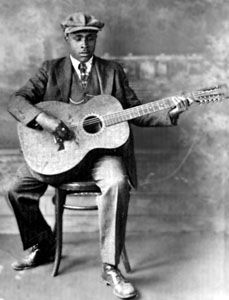
 excerpt from Randy's Rodeo by Randy Anthony
excerpt from Randy's Rodeo by Randy Anthony
"The significance of STANLEY BOOTH as a writer will forever be marked by his proximity to the Rolling Stones. He had full access to the band, drinking, drugging, and screwing alongside them as they barreled through the late 60's. His book about the Stones, The True Adventures of the Rolling Stones, is considered by many to be a classic of rock journalism, and it is indisputably one of the most important books ever written about the legendary band. Quoth Keith Richards, "Yeah, that's how it was.""

excerpt from Swampland - James Calemine
"In all Booth's work, he uses the miracle of language to breathe eternal life into the accomplishments and circumstances of great American musicians, some who died poor, neglected, talented, and forgotten. Booth serves as a voice for these underdog, or underground, musicians.
Booth's writing remains a cornerstone testimony of Sunday morning gospels, minstrel sideshows, sawmills, scaldcat, funeral parlors, wizard oil, swamp water, shotgun shacks, dirt roads, Mississippi churches, Memphis mean streets, bottleneck junctions, catfish, barbecue woodsmoke, gris-gris, juke joints, railroad tracks, traveling medicine shows, stone cold fevers, voodoo practioners, mojo dust, soul food, zombie powder, midnight undertakers, whiskey stills, cut-throat wages, chickenyard fiddles, devil's shoestring, spooky field recordings, Civil War songs, fatback grease, black cat bones, and many other redemptions and temptations buried in American music folklore and fact..."
Amazon links to Books by Stanley Booth
Stanley Booth interviewed about Colonel Bruce Hampton:

Stanley Booth Program on Blind Willie McTell
(from Georgia Music Hall of Fame and Georgia Public Radio)
From Wikipedia: McTell is unusual, if not unique, among country bluesmen for his ability to play the guitar in both a complex, fingerpicking ragtime style similar to Blind Blake or Blind Boy Fuller (see, for example, his recording of "Georgia Rag," a cover of Blake's "Wabash Rag") and a heavier bottleneck blues style ("Three Women Blues"). His playing in both idioms is masterly, fluid, and inventive; based on multiple recordings of the same song (for example, "Broke Down Engine"), he never played a song the same way twice. His style could almost be called "stream of consciousness," as he would vary the bar pattern and sometimes even the rhythm and chord progression from verse to verse. McTell was also an excellent accompanist and recorded many songs with his longtime musical companion, Curley Weaver; their recordings are some of the most outstanding examples of country blues guitar duets. See, for example, "It's a Good Little Thing" or "You Were Born to Die."

